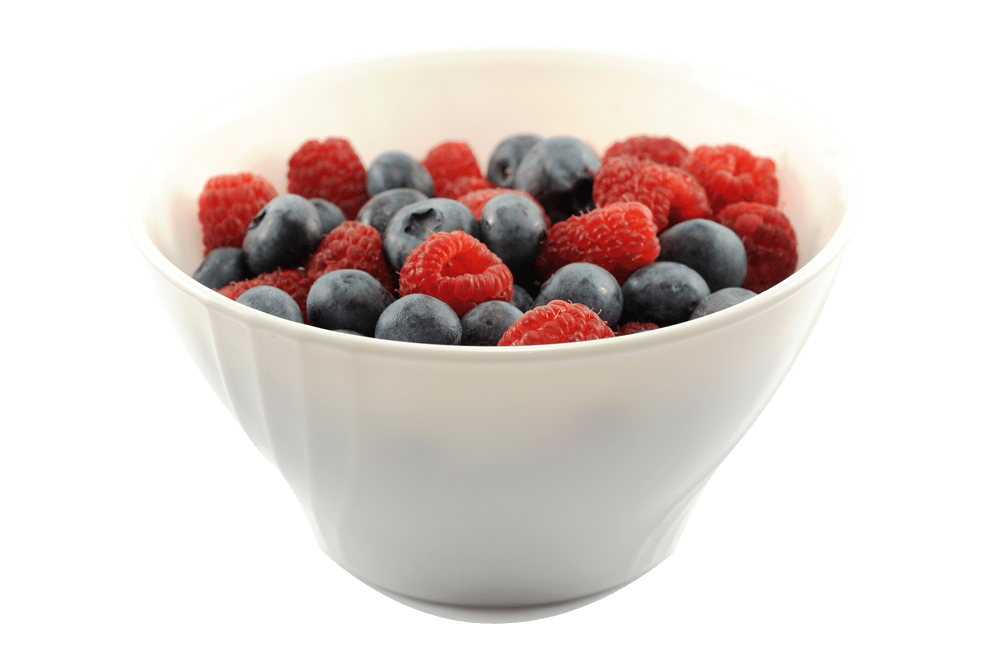
Issue 070
December 2010
Why diets don’t have to be hard work.
Health and performance are often thought of as being independent of one another. To make yourself stronger you supposedly have to eat like a horse. And if you’re really trying to lean up you won’t have the energy to train at your best.
However, neither of these has to be the case. A healthy fighter is a fighter performing well. For this reason diets should focus on both health and performance. Equally the word ‘diet’ often conjures up images of turmoil and suffering; but unnecessarily so. One of the fundamental reasons that diets are perceived to be hard work is because too much emphasis is put on them. The process of dieting can be addictive and in turn this becomes hard work. It’s not uncommon for certain foods to be categorized as ‘forbidden’ or ‘banned’ – but this instantly makes them more alluring.
To make dieting easier it’s prudent to look at it more as a change in lifestyle, as opposed to a diet per se. Making dramatic and sweeping changes, vetoing certain foods (or in extreme cases food groups) for two months then gorging for the next few weeks, is neither good for health nor performance. For example, most people that eat a couple of chocolate bars a day will find it very difficult to cope with chocolate being banned. Instead, a ‘cheat’ of one or two bars a week is still a dramatic improvement, but doesn’t make the ‘diet’ such hard work.
For both health and performance it’s important to be able to sustain your eating strategy. Make small incremental changes and it’s easier to maintain a balanced nutrition plan. Look at your current diet and make one to two changes a week that, over time, result in an overhaul. Adherence levels are much higher than for those who wake up one Monday morning and make small-scale changes.
When looking at constructing a nutrition plan for performance, food choices for optimal health should also be borne in mind. A fighter with a very high training load is more susceptible to illness than the guy on the street, due to the stresses that training places on the body. Food intake should reflect this, with a focus on recovery plus providing appropriate levels of vitamins and minerals (for general health and to support immunity).
3 STAR TIPS FOR HEALTH AND POWER
Fruit & vegetables
It’s almost a bit of a cliché, but you need fruit and vegetables for both health and performance. An assortment of different sources of fruit and veg provides the right spread of vitamins and minerals. These are used for all sorts of processes including energy production, protein metabolism and muscular contraction. Try to have two different sources with every meal.
Eat small regular meals
This has become fairly common and accepted advice. It’s particularly useful when attempting to make a new nutrition plan easier. Mentally, it means you’re never more than a few hours away from eating, which can help to control cravings and consequently minimize the risk of overeating.
Essential fat
Essential fat, particularly omega-3, is vital for health and performance. As well as having anti-inflammation benefits, it can help with body composition and cholesterol levels.

As mentioned above, it is advisable to make small changes to improve adherence, but an example meal plan could look like:
- Breakfast: Oats, skimmed milk, blueberries, raspberries
- Snack: Promax (whey protein), apple, banana
- Lunch: Whole meal bread, chicken, salad, yoghurt, pear
- Post-training: Cyclone (‘all in one’ muscle and strength formula)
- Dinner: Salmon, brown rice, black beans, carrots
- Snack: Cottage cheese
This meal plan would vary depending on your goals, but the above gives an example of structure and the type of.foods to incorporate for health and performance: hopefully without too much hard work!











